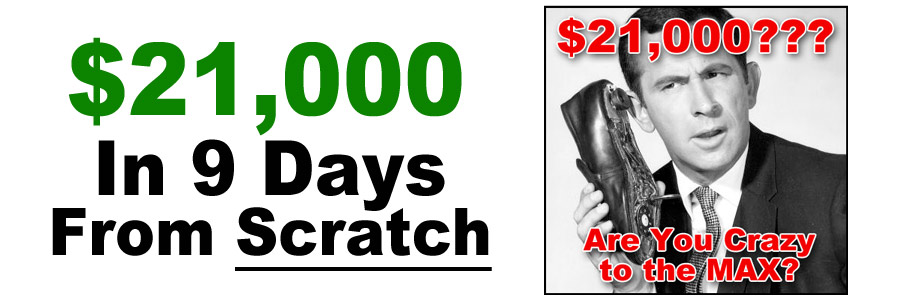If your company has received an FTC warning letter or a penalty offense notice do not ignore it because the FTC is in the process of actively attempting to curb – sometimes industry wide – unlawful conduct.
What is an FTC Warning Letter?
Federal Trade Commission “warning letters” are intended to warn companies that their conduct is likely unlawful and that they can face serious legal consequences, such as an FTC investigation (CID) or lawsuit, if they do not immediately stop.
According to the FTC, “[o]verwhelmingly, companies that receive FTC warning letters take steps quickly to correct problematic advertising or marketing language and come into compliance with the law. In many cases, warning letters are the most rapid and effective means to address the problem.”
Eliminating false or misleading information from the marketplace is a key objective of the FTC. As is ensuring compliance with the FTC Act and various legal regulations that the agency enforces.
In recent years, the Federal Trade Commission has sent warning letters across a number of industries pertaining to myriad legal regulatory issues. From companies allegedly selling unapproved products that may violate federal law by making deceptive or scientifically unsupported claims about their ability to treat or cure coronavirus, to companies and influencers over disclosures in posts.
What are Some Things to Keep in Mind About FTC Warning Letters?
When FTC warning letters are sent to companies, their purpose is to warn of possible law violations. Warning letters are not formal enforcement actions, and they may or may not be followed by FTC legal action. The letters typically include an explanation of why the company is receiving the letter and examples of problematic advertising or marketing language. They require the recipients to correct the problem immediately and may also require the recipients to contact the FTC within several days to confirm that they have made the required changes.
The FTC may send warning letters unilaterally or jointly with other enforcement agencies. For example, the FTC joined the FDA in sending letters to the marketers of products and treatments falsely claiming they could either treat or cure COVID-19. The FTC also joined the FCC in sending warning letters to VoIP service providers about facilitating illegal robocalls. The FTC also issued its own warning letters to MLM marketers regarding false COVID-19 treatment or cure claims and earnings claims made by the marketers and their participants.
Additionally, while FTC or joint agency warning letters may be public, recipients’ responses to them usually are not. After sending the letters, the FTC will not comment on whether a company or individual has received them, whether they have contacted the agency within the amount of time required, or what they told the agency about their planned response.
What is an FTC Notice of Penalty Offense?
The FTC can seek civil penalties pursuant to its Penalty Offense authority if it can establish that the recipient possessed actual knowledge that the Federal Trade Commission previously issued a written decision (after an administrative trial) against a third party that similar conduct was unfair or deceptive in violation of Section 5 of the FTC Act. Oftentimes, Penalty Offense Notices state that the recipient is not accused of wrongdoing, while suggesting that the agency is engaged in a wide-ranging industry sweep.
In 2021, the U.S. Supreme Court held that the Federal Trade Commission does not possess the authority to seek equitable monetary relief in federal court under Section 13(b) of the FTC Act (AMG Capital Management LLC v. FTC). Prior thereto, the FTC relied upon Section 13(b) to seek injunctive relief and equitable monetary relief in federal court. Since the AMG ruling the FTC has relied heavily on its Penalty Offense authority to obtain monetary relief for consumers, including hefty civil monetary penalties.
In order to trigger the Penalty Offense authority, the FTC must can send companies a “Notice of Penalty Offense.” This Notice is a document that sets forth specific conduct that the FTC has determined, in one or more administrative orders (other than a consent order), to be unfair or deceptive in violation of the FTC Act.
Companies that receive this Notice and nevertheless engage in prohibited practices can face civil penalties of more than $50,000, per violation.
Recently distributed Notices and the administrative determinations cited in the Notices pertain to, without limitation, misuse of information collected in confidential contexts, claim substantiation, business and money-making opportunities, endorsements and education.
Takeaway: Ignoring FTC warning letters and/or penalty offence notices can result in the issuance of a civil investigative demand (CID) or a lawsuit seeking hard civil monetary penalties. Promptly consult with an experienced FTC defense lawyer if you or your company have received a letter from the Federal Trade Commission in order to review applicable policies, training materials and compliance programs, while positioning the matter for optimal resolution.
Richard B. Newman is an FTC defense lawyer at Hinch Newman LLP.
Informational purposes only. Not legal advice. May be considered attorney advertising.



